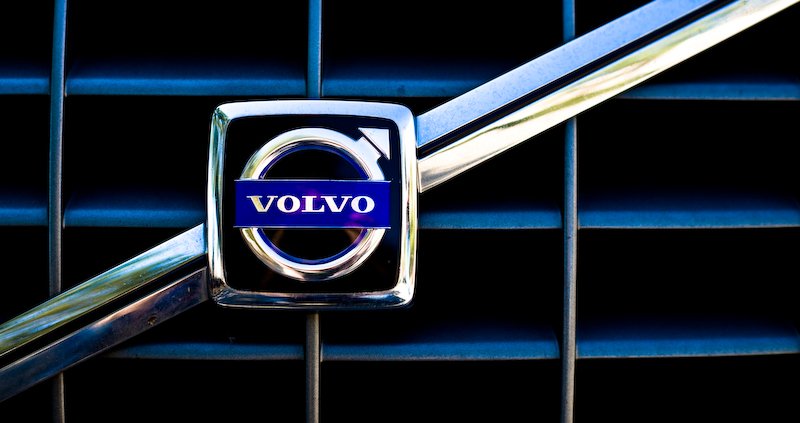"It's our ambition to have a car that can drive fully autonomously on the highway by 2021," Volvo CEO Hakan Samuelsson told Bloomberg. But hitting that goal, Samuelsson said, means finding partners, an area where Volvo is coming up short. See, BMW has already announced alliances with chip-making giant Intel and automotive camera and software manufacturer Mobileye. Volvo is still busy swiping right.
And that's tough when the pressure is on. We're less than four years away from 2020, when Volvo promised no deaths or serious injuries in its vehicles and the company is still firmly in the testing phase. Volvo is prepping a wide-reaching test of around 300 vehicles with advanced autonomous systems in Sweden, the UK, and China – 100 vehicles per country – using ordinary customers as sort of beta testers. In that respect, Volvo is further along than BMW.
Beyond the problem that Volvo faces within its own business, it's subject to the whims of countries where it wants to sell self-driving cars. Samuelsson said getting autonomous vehicles on the road in five years will require new laws and regulations that govern their operation – a fixture in headlines recently. As countries struggle to legislate the testing and development of driverless cars, the outcome could impact not only Volvo's 2021 goal, but that of its rivals, too.
Related News

